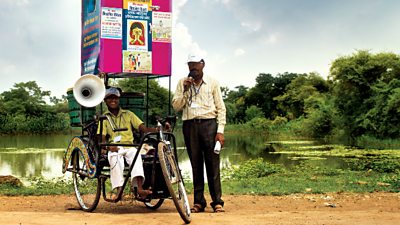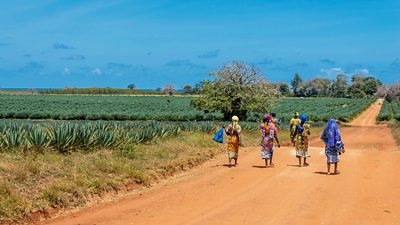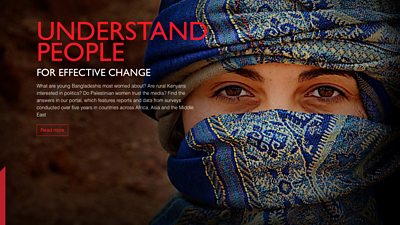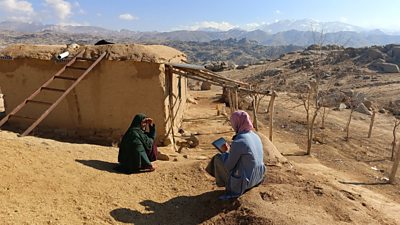Publication date: June 2024
Authors: Mahdi Zaki, Zaher Modaqeq, Obaidullah Shinwari and Shukrana Azizi, Fariha Rahman, Mahmuda Hoque and Sophie Steele
This report summarises qualitative research with mothers, families, and key influencers in Afghanistan. It sought to understand their access to information, knowledge, attitudes and practices on WASH, nutrition and maternal and child health. The aim; to identify Afghans' information needs, the barriers and enablers to accessing services and adopting practices, and the key issues for communication to address. The data was collected between December 2023 and February 2024 in seven provinces across Afghanistan.
Our findings
Participants demonstrated a limited understanding of when and how to treat water to make it safe to drink, and limited knowledge of sanitary methods of disposing of household waste and rubbish. While these people have first-hand experience of the various illnesses caused by drinking unsafe water and unsanitary practices, they lack awareness of other options or solutions. Good handwashing and menstrual hygiene practices were also hindered by the limited availability of facilities and materials (such as soap).
Findings showed that knowledge around ideal nutrition for newborns, children under five and pregnant and lactating women is prone to distortion by traditional beliefs. This can lead to some potentially harmful practices, such as giving newborn babies animal fat alongside colostrum, and supplementing breastmilk with herbal medicines. While respondents can list nutritious foods that mothers and children under five should consume, in practice it is budget, rather than need, that dictates the type of food that is available to the household. While participants were aware of the benefits of institutional delivery, those living in remote areas often choose to give birth at home, partly because of accessibility issues, but also because of prevalent attitudes and social norms.
Many of the perceived barriers to people accessing and availing WASH, nutrition and MCH services are largely consistent. Key informants and participants reported that the overarching barriers are the lack of access to clinics, hospitals and services; financial constraints; lack of knowledge and awareness; unhelpful social norms and traditional practices; and a lack of availability of essential medicines and hygiene materials.
The study also showed that the current operating environment for humanitarian organisations in Afghanistan is particularly challenging. This is largely due to the imposition of restrictive policies under the de facto authorities (DFA), such as those preventing women from travelling alone, and practical barriers to the delivery of services, plus the associated decline in donor funding available for the public health sector. As such, access to WASH, nutrition and MCH services and support, particularly for those living in remote rural areas of Afghanistan underserved by the public health system, is increasingly challenged.
To learn more about the insights uncovered from this research please see the document below.
Research briefing
Our research library
-

Long reads
Read our comprehensive research reports of the evidence behind our work. All of our publications are freely available to download. -

Short reads
At a glance, explore key findings and evidence behind our work. All of our publications are freely available to download. -

By country
Explore our findings and analysis country by country. All of our publications are freely available to download. -
 What are young Bangladeshi's most worried about? Are rural Kenyans interested in politics? Do Palestinian women trust the media? Find the answers in our data portal (last updated 2020).
What are young Bangladeshi's most worried about? Are rural Kenyans interested in politics? Do Palestinian women trust the media? Find the answers in our data portal (last updated 2020).
